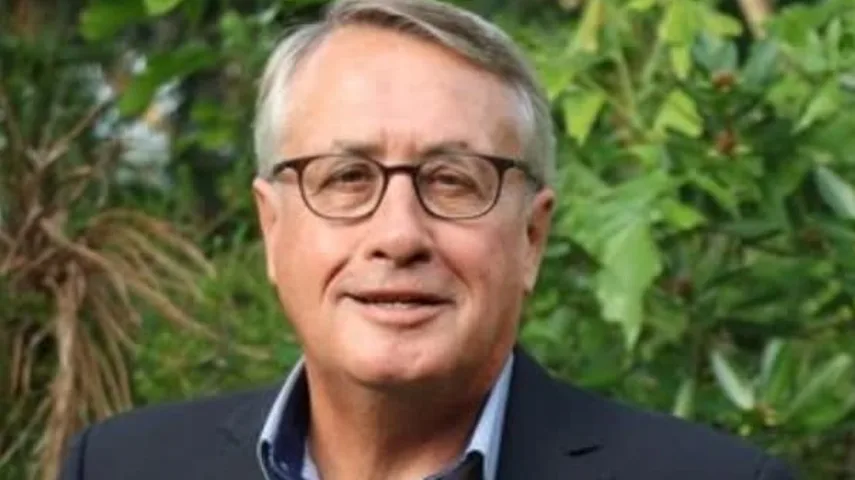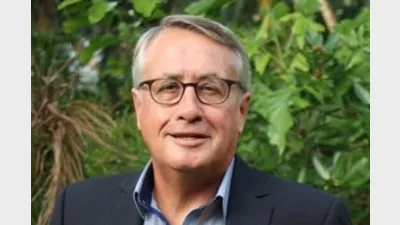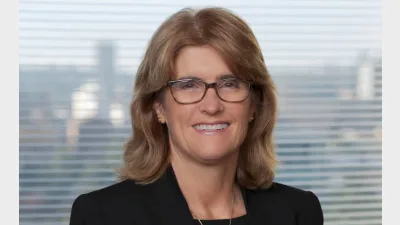Cbus chair criticises RBA over poor economic policy



Cbus chair and former treasurer Wayne Swan has escalated Labor’s feud with the RBA, accusing the central bank of driving the economy backwards by putting “economic dogma over rational economic decision making”.
A day after the Reserve Bank governor warned about the dangers of entrenched inflation, former Labor treasurer Swan said on Nine’s Today program that the bank is prioritising rigid economic principles over practical decision making.
“I think the Reserve Bank is putting economic dogma over rational economic decision making, hammering households, hammering mums and dads with higher rates, causing a collapse in spending and driving the economy backwards doesn’t necessarily deal with the principal pushes when it comes to higher inflation,” Swan said.
Toeing the party line, Swan praised the government’s efforts to tackle inflation while accusing the Reserve Bank of undermining these actions and “punching itself in the face”.
“The government is doing a lot to bring down inflation but the Reserve Bank is simply punching itself in the face,” Swan said, adding that the drivers of inflation are not going to be affected by higher rates.
“It’s counterproductive and it’s not good economic policy and I’m incredibly disappointed with what they’re doing.”
On Thursday, Michele Bullock said if high inflation was to become entrenched in the expectations of firms and households, “the best medicine would be putting more restrictions into the economy”.
“We know that if high inflation becomes entrenched in the expectations of firms and households, it would be more difficult and costly to reduce. If businesses and workers come to expect that prices and wages will continue rising quickly, this adds to inflationary pressures, requiring even higher interest rates to bring inflation down,” the governor said at the Anika Foundation Fundraising Lunch.
“Ultimately, we would need to slow the economy down by more, which would result in a larger rise in unemployment and higher risk of recession,” she added.
On Wednesday, data from the Australian Bureau of Statistics (ABS) revealed Australia’s real GDP increased by an anaemic 0.2 per cent in the June quarter, taking the annual rate to just 1.0 per cent.
Outside of the pandemic, this is the slowest rate of annual growth in GDP in more than three decades.
Just days earlier, Treasurer Jim Chalmers set the stage for the GDP data by seemingly placing the blame on the RBA, suggesting that its high interest rates are “smashing the economy”.
When asked on Thursday if she is at war with the Treasurer, Bullock replied: “I wouldn’t use those sorts of words”.
“He is doing his job and I am doing mine,” the governor added.
“I understand that people are hurting from high interest rates but I think it’s actually high inflation that is really causing trouble for people, and it’s causing trouble for the most vulnerable.”
Bullock also reiterated that if the economy evolves broadly as anticipated, “the board does not expect that it will be in a position to cut rates in the near term”.
Recommended for you
Advice licensee Centrepoint Alliance has entered an agreement to acquire the comprehensive financial advice book of the super fund’s subsidiary firm.
A coalition of industry groups including the SMSF Association is demanding the government and the opposition “immediately and unequivocally rule out any move to tax unrealised investment gains in any part of the tax system”.
AMP’s new chair has used his inaugural AGM address to call for policy reform on the “decumulation” phase of superannuation and position AMP as a key player in addressing the challenge.
Reserve Bank governor Michele Bullock has quashed hopes of an out-of-schedule rate cut, telling an event in Sydney that it remains too early to determine the trajectory of interest rates as the RBA grapples with growing global economic volatility.












